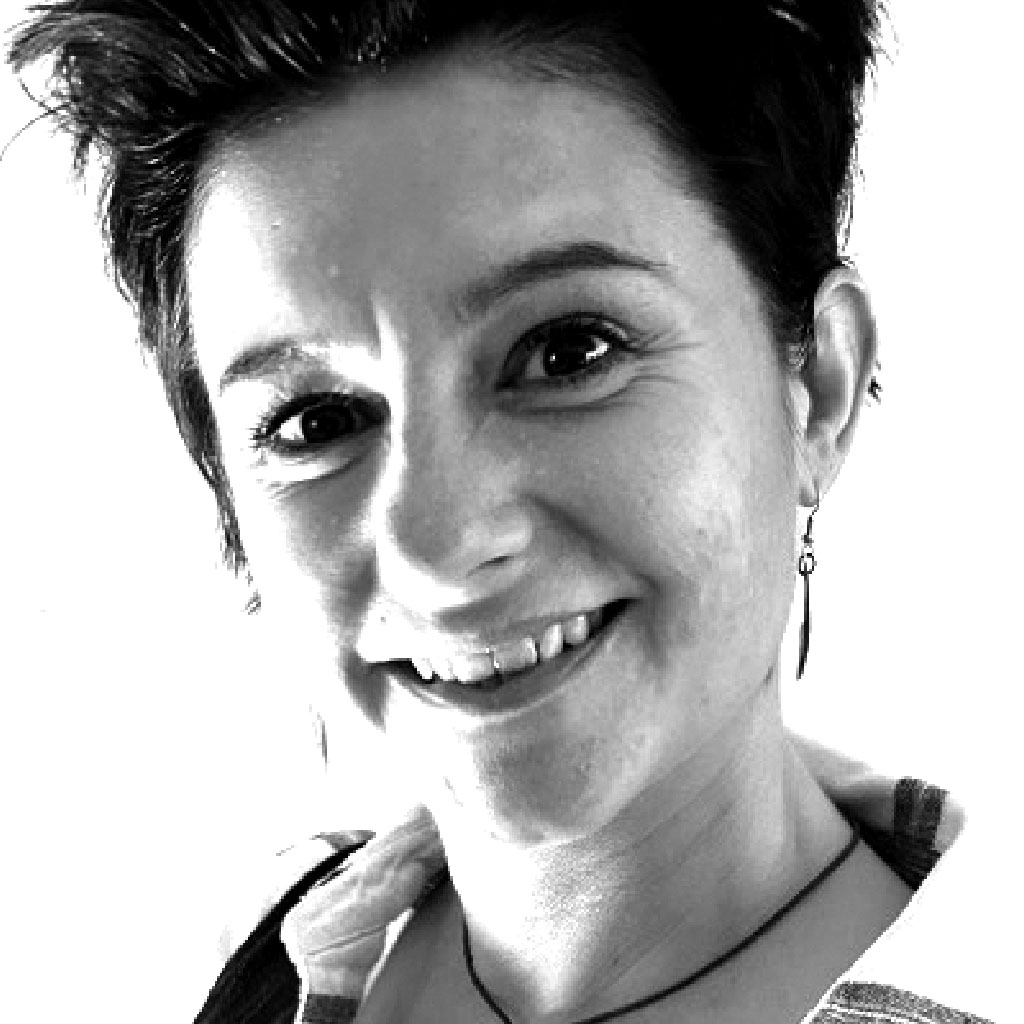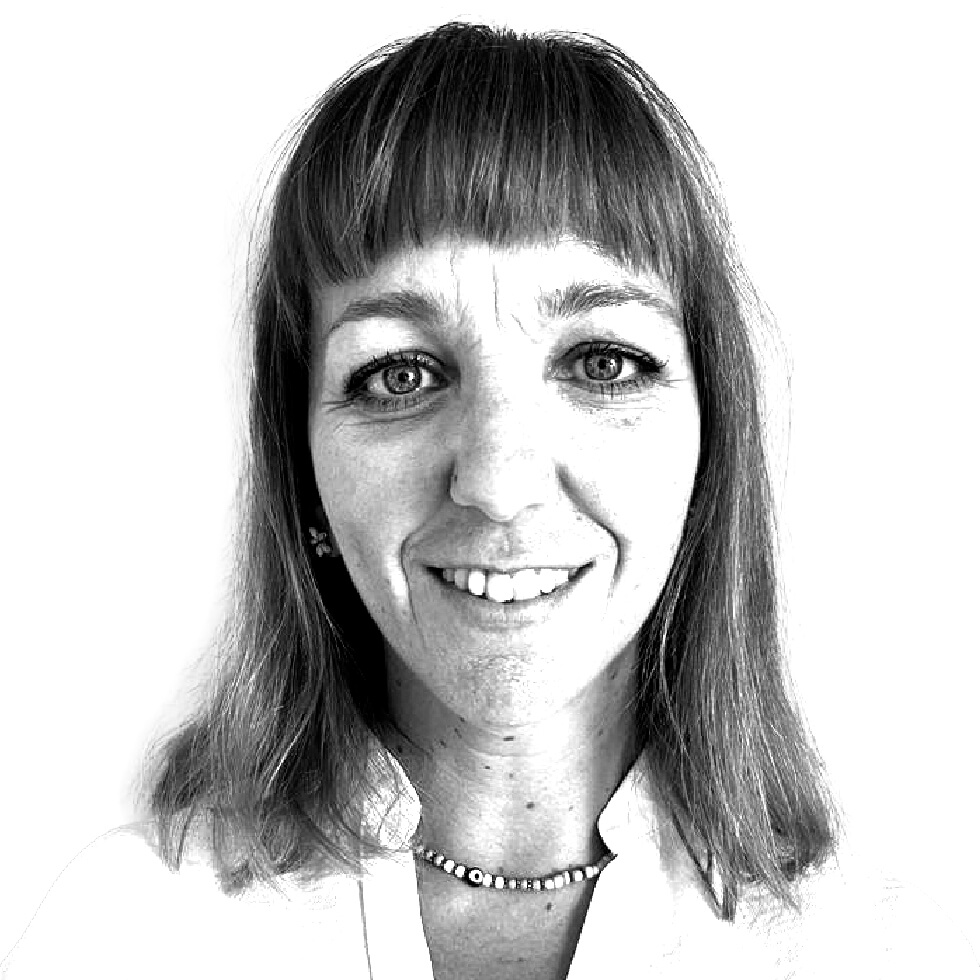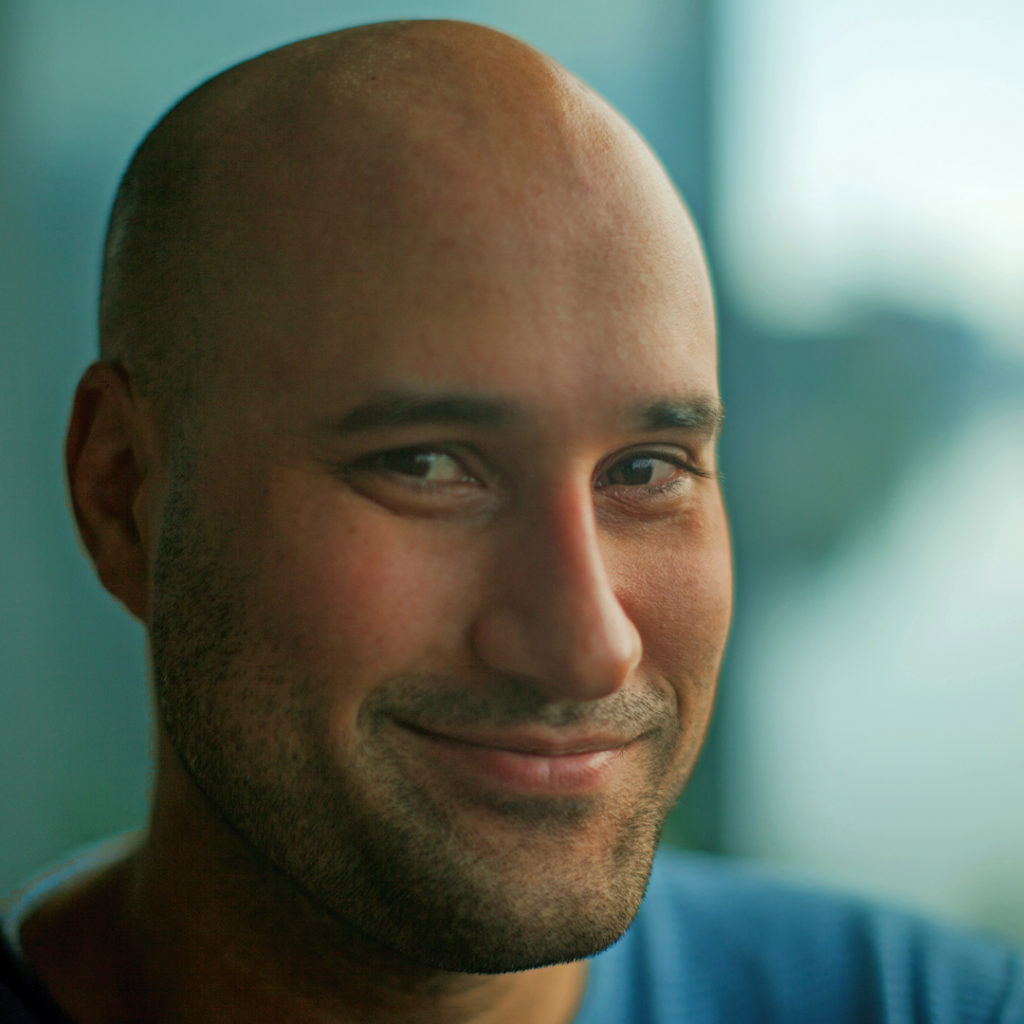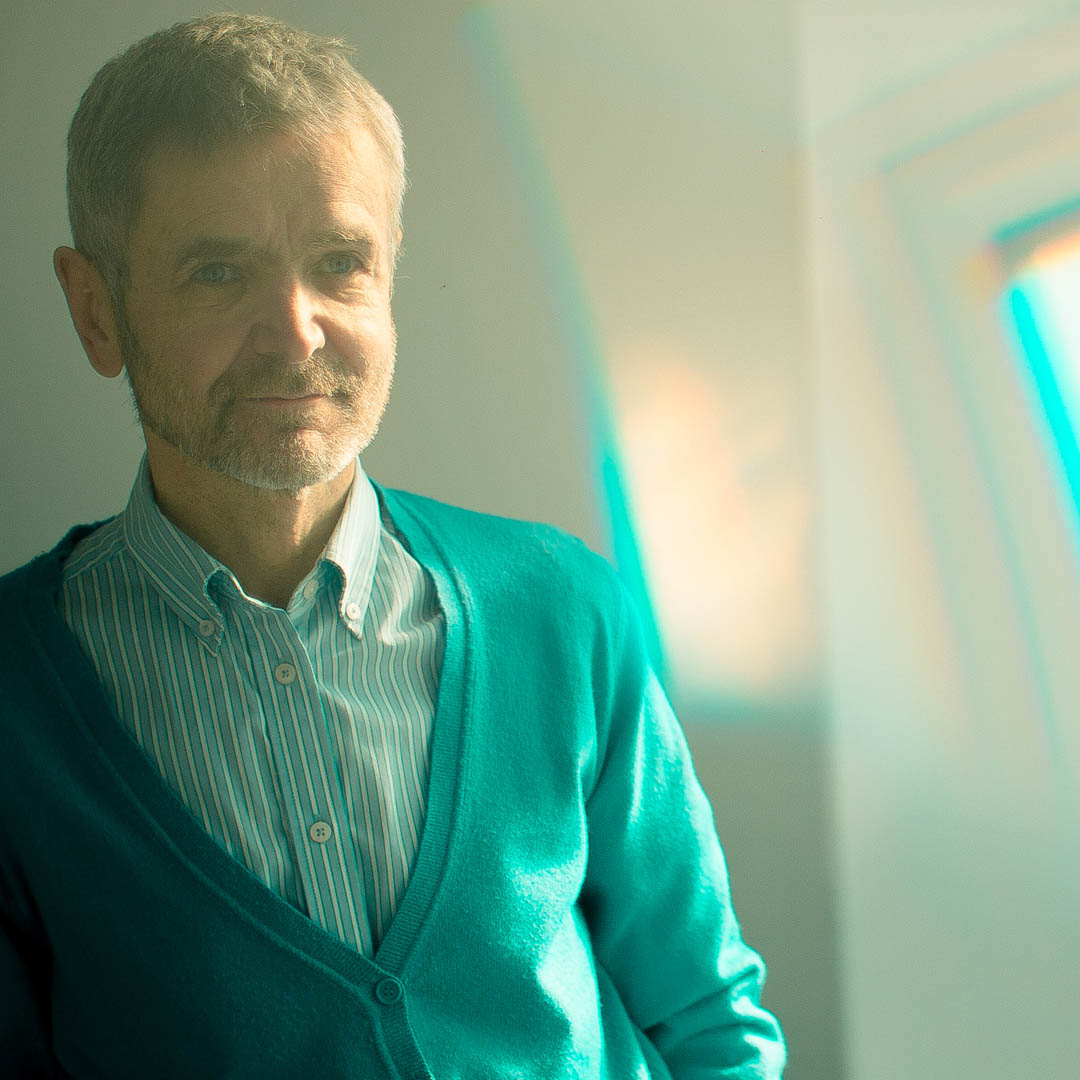
Jo
07305890303
[email protected]
Instant Availability please call before booking
Jo is an accomplished Integrative Counsellor holding a BA (Hons) and a progression of diplomas culminating in a Level 5 Foundation Degree in Counselling & Psychotherapy. Her eclectic therapeutic approach draws from a spectrum of methodologies, ensuring personalized support for each individual's needs. Jo's practical expertise extends to facilitating 'Nature & Nurture' support groups, aiding young people and their parents through emotional challenges by integrating the healing aspects of nature into therapy.
Her work also spans to support for those with learning and neuro-diverse conditions in forensic rehabilitation settings. Committed to professional excellence, Jo continuously updates her skills and maintains membership with the BACP, reflecting her adherence to stringent training and ethical standards.

Rebecca
07305890303
[email protected]
Instant Availability please call before booking
Rebecca is a compassionate mental health professional, specialising in counselling for issues like social anxiety, depression, and relationship challenges. With a focus on personal growth and behavioural change, she has experience in lifespan theories and has navigated the emotional aspects of parenthood.
Rebecca utilises multiple therapeutic approaches such as Humanistic, CBT, and CFT, tailoring her methods to each client's unique needs. She currently offers online sessions via Microsoft Teams, and over the phone. Actively expanding her skills, Rebecca is training in telephone counselling and plans to introduce Walk and Talk therapy.

James (Presenter) talks:
CBT and counselling in London.
Okay Richard so i always wondered I hear the term CBT in counselling, psychotherapy, psychoanalysis but what’s the difference between CBT and counselling? What is the difference?
Looking for CBT London

Richard
(therapy and counselling in london)
talks:
CBT and counselling in London.
First of all, what is CBT cognitive behaviour therapy? So it’s working with what are called cognitions which is a fancy word for saying thoughts. So anything to do with thoughts your beliefs. Could also be values? Well I think that should the examples are I’m always bad I am always bad at job interviews or I when I take an exam I always fail or I’m not very popular.

James (Presenter) talks:
CBT and counselling in London.
It sounds like negative automatic thoughts.

Richard
(therapy and counselling in london)
talks:
CBT and counselling in London.
Yeah negative automatic thoughts. NATs Of course I heard the people calling.

James (Presenter) talks:
CBT and counselling in London.
Yeah I heard of that before.

Richard
(therapy and counselling in london)
talks:
CBT and counselling in London.
So that’s those are what fancy word cognitions okay and then there’s the behaviour that what do we actually do well we might we might not apply for that job that we could actually do or we avoid some social situation because we think well I’m not very popular and I can’t stand it when people don’t come up and talk to me and so the therapy looks at those things kind of head-on I says how can we address that and it uses might CBT therapist might would well would suggest to the client or negotiate with the client how to behave differently and how to think differently. So the idea is you change the thought to change the feeling and then change the behaviour. So it’s kind of very much looking at in my view kind of the surface stuff you know the thoughts that we have the consciousness stuff. Now council.

James (Presenter) talks:
CBT and counselling in London.
How would how would you go about changing the thought?

Richard
(therapy and counselling in london)
talks:
CBT and counselling in London.
Well typically is supposing you said to me Richard I’m not very popular I might say well where’s the evidence for that? Suppose you say well whenever I go to a party no one wants to talk to me I know I say well why is that? And you say well they obviously don’t find me attractive or they don’t like me and I say where’s the evidence well you say well they’re not talking to me and I said well what are you doing. Do you go do you approach them no I don’t and if I was a counsellor I’d say well let’s look at that because it’s a feeling that’s got on you from doing it but we, I then as a CBT therapist might ask you to keep a diary of events during the week when does this crop up again when does it happen again and we’ll look at we’ll dissect each event and go well perhaps you could have thought differently about it. Now I’m not I’m not trained in CBT. It’s it’s no it’s never been something I’ve been that attracted to because I don’t just it doesn’t sort of grab me. So I do the other thing well I say the other thing is a bit like
Windows and Mac and Apple I do what I call it explorative to explore and what do we explore when I say we explore who the person is well every person has been on this planet for their all of their life plus nine months in the womb and I’m interested to think about what went on it all at that time so we have for example we have the very early time that someone was alive after birth what we don’t usually remember visually, mentally , what it was like to be a baby we start to have memories when from about say three years old four years old. Vague often vague memories but it’s very very useful to explore where people come from what their family was like to explore what went on for them later on in life as they became teenagers, adolescents and then young adults and to explore what not just their outer world but their inner world because we have something called an inner world. I mean the out the outer world is is what literally what you can see & touch you can see someone going to work, doing a job or or someone who’s addicted to shopping. That’s their outer world and can see what and see what’s happening. Our inner world is what goes on inside us that fuels our behaviour that prepares us to do certain things. So that it when so that’s explored in counselling or psychotherapy.

Jo
07305890303
[email protected]
Instant Availability please call before booking
Jo is an accomplished Integrative Counsellor holding a BA (Hons) and a progression of diplomas culminating in a Level 5 Foundation Degree in Counselling & Psychotherapy. Her eclectic therapeutic approach draws from a spectrum of methodologies, ensuring personalized support for each individual's needs. Jo's practical expertise extends to facilitating 'Nature & Nurture' support groups, aiding young people and their parents through emotional challenges by integrating the healing aspects of nature into therapy.
Her work also spans to support for those with learning and neuro-diverse conditions in forensic rehabilitation settings. Committed to professional excellence, Jo continuously updates her skills and maintains membership with the BACP, reflecting her adherence to stringent training and ethical standards.

Rebecca
07305890303
[email protected]
Instant Availability please call before booking
Rebecca is a compassionate mental health professional, specialising in counselling for issues like social anxiety, depression, and relationship challenges. With a focus on personal growth and behavioural change, she has experience in lifespan theories and has navigated the emotional aspects of parenthood.
Rebecca utilises multiple therapeutic approaches such as Humanistic, CBT, and CFT, tailoring her methods to each client's unique needs. She currently offers online sessions via Microsoft Teams, and over the phone. Actively expanding her skills, Rebecca is training in telephone counselling and plans to introduce Walk and Talk therapy.
Hoxton Therapy notice: Never act on any advice given in these articles or videos. Always seek professional help from us before acting on anything you read or watch on this website.